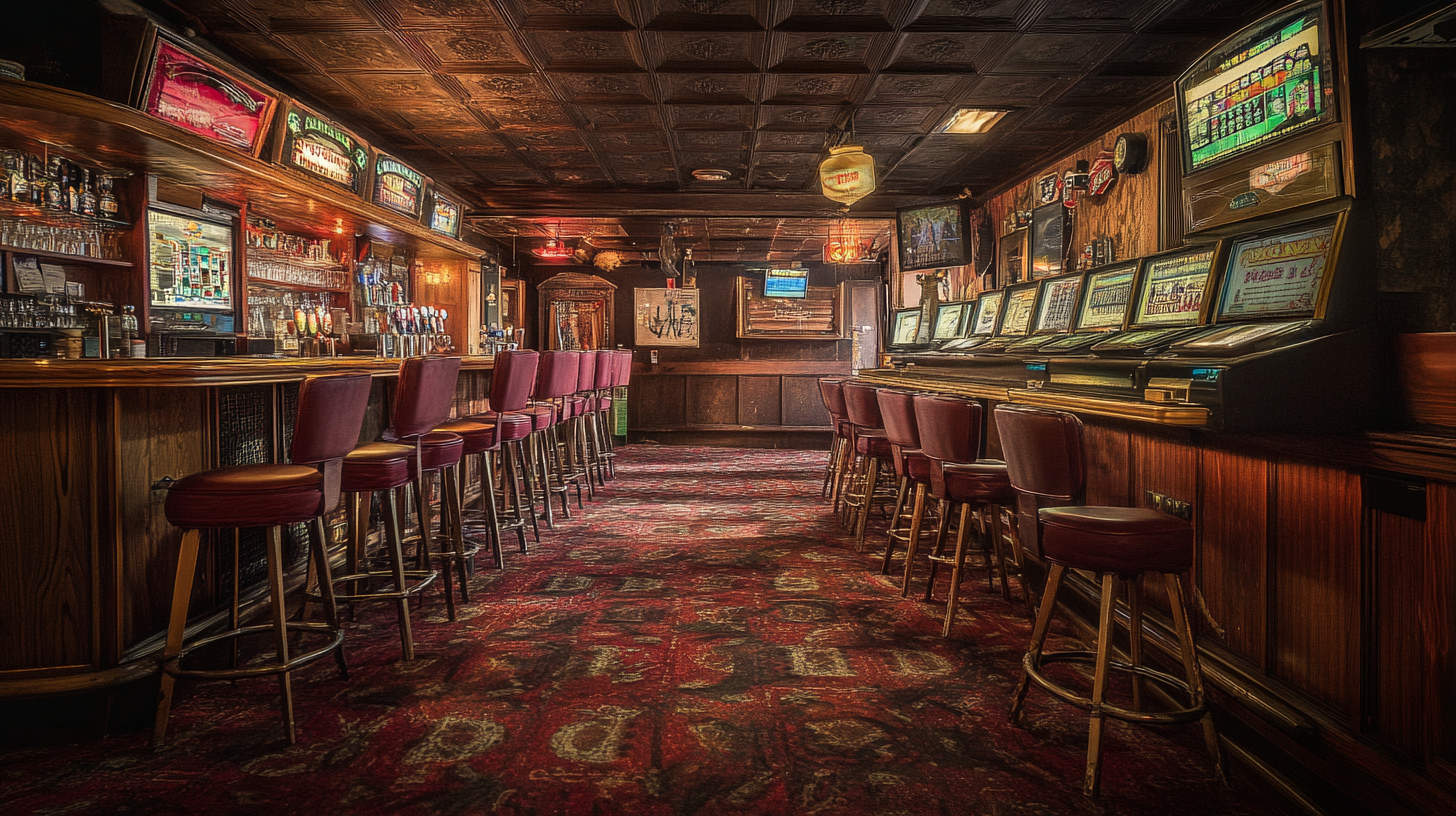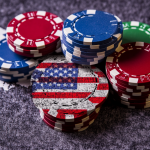From Frontier Saloons to Urban Casinos
As America expanded westward, so too did the prevalence of gambling. In frontier towns, saloons and gambling halls became inseparable fixtures of the landscape. Games of chance provided a respite from the harsh realities of life on the frontier, offering settlers a brief escape into a world of possibility. Whether it was poker played in smoky saloons or roulette wheels spinning in makeshift casinos, gambling establishments thrived in the untamed territories of the West.
With the advent of the industrial revolution and the growth of urban centres, gambling transformed. As cities like New York, Chicago, and San Francisco boomed, so did the popularity of gambling. Lavish casinos sprung up, catering to the desires of the burgeoning middle class and the wealthy elite alike. These opulent venues offered not only games of chance but also extravagant shows, fine dining, and luxurious accommodations, establishing gambling as a glamorous and alluring pastime.
However, alongside the glittering facade of urban casinos lurked a darker side. Organized crime syndicates saw the potential for profit in the gambling industry, and soon, illicit gambling dens and underground betting rings proliferated in the shadows of the city streets. The allure of easy money drew in a cast of characters ranging from small-time hustlers to notorious gangsters, giving rise to a culture of corruption and violence that would plague the industry for decades to come.
Despite the efforts of law enforcement to crack down on illegal gambling, the allure of the gaming tables proved irresistible to many Americans. The roaring twenties, with its hedonistic excesses and laissez-faire attitude towards vice, saw a proliferation of speakeasies and clandestine gambling establishments. Prohibition only served to drive gambling further underground, fueling the rise of organized crime and cementing the association between gambling and criminality in the public consciousness.
By the end of the roaring twenties, America stood on the brink of a new era, one defined by economic prosperity, social upheaval, and sweeping cultural change. The Great Depression would bring both hardship and opportunity, reshaping the landscape of gambling in America and setting the stage for the next chapter in its storied history.


